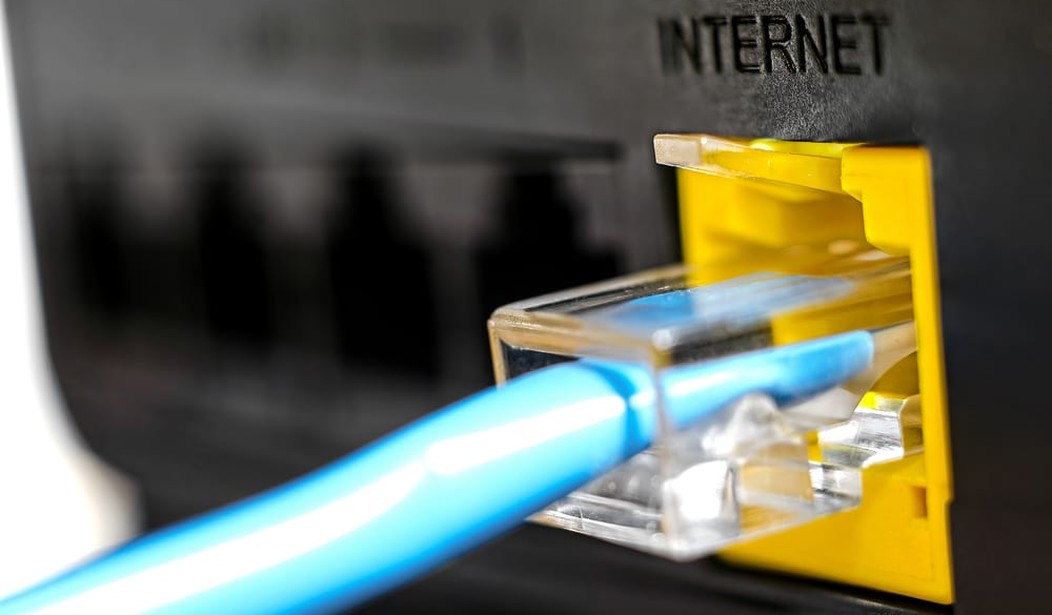Net neutrality means that the Internet service providers (ISPs), Comcast, Verizon, AT&T, and the others, treat all data that travels over their network in exactly the same way. It’s the way the Internet has worked since its inception and has transformed our lives in nearly everything we do. It’s also spawned innovation to create products and services we never imagined.
In 2014, there was an effort to change the way the Internet had been working that would have benefited the ISPs at the expense of the public and other businesses.
Led by Comcast, the proposal would have eliminated net neutrality and would set up two classes of service, one that provided faster speeds and better access to those websites that pay, and a slower access speed for those that didn’t want to pay.
Fortunately, the ISPs were unsuccessful in getting their way, thanks to a huge public backlash. When comedian John Oliver explained on his HBO show, “Last Week Tonight,” what was being proposed, it generated 45,000 near instant responses to the FCC. In total, the FCC received more than 4 million comments from the public, mostly negative, regarding changes to net neutrality rules.
In addition, nearly every company and organization in the technology sector protested. They want companies to compete by being able to attract customers based on their products and services, not on speed of access or how much they pay to get it.
The huge outcry, as well as the public’s distrust of the ISPs, led to a network neutrality regulation passed in 2015 that is currently being enforced by the FCC. It works in a similar manner to how the FCC regulates equal access to telephone lines.
But now, with the change in administration, the new chairman of the FCC is supporting the elimination of these net neutrality regulations, supporting the position of the ISPs, who were recently successful in eliminating the privacy laws.
Ajit Pai is proposing to prevent his agency from regulating the Internet and asking the ISPs to do it voluntarily. Pai presented his plan in a recent private meeting with the ISP trade groups.
Mignon Clyburn, the sole Democrat among the FCC’s three commissioners, said, “Given the incentives and abilities of broadband providers to harm Internet openness, all Americans should be extremely concerned. Press reports suggest this administration’s approach to net neutrality will simply be to ask for unenforceable commitments instead of looking out for the best interests of competitors and consumers. Rolling back these basic consumer and competition protections should be highly alarming to anyone who cares about the free and open Internet.”
Evan Engstrom, executive director of Engine, the policy advocacy group and research foundation focused on tech entrepreneurship said, “I think in practice, it goes against everything we would want in strong net neutrality protections, and there would be a similar level of engagement that we saw the last time around when we had to fight.”
A spokesman for the Internet Association, a trade group supported by the tech industry to promote economic growth and empower people through the free and open Internet, told Recode, “Internet companies are ready to fight to maintain strong net neutrality protections in any forum. ISPs must not be allowed to meddle with people’s right to access content and services online and efforts to weaken net neutrality rules are bad for consumers and innovation.”
Netflix is also opposed. They said, “We are watching the situation to see what, if any, actions are taken at the FCC or in Congress to weaken net neutrality. More than four million consumers lent their vocal support to ensuring that they, not internet service providers, pick winners and losers on the internet. And in the two years since strong net neutrality was enacted, the industry has continued to evolve with new apps and services introduced every day.”
Even with the current regulations, AT&T, among others, has been accused of violations of network neutrality by offering their own video services to customers that don’t count against their data use. The FCC says that this practice, called zero-rating, strongly favors AT&T’s own services, while hurting competitive services’ ability to compete.
Expecting the ISPs to self-enforce net neutrality is naive and just won’t happen, jeopardizing the Internet as we’ve known it since its inception. As with the elimination of the privacy laws, what’s best for the public seems to be taking a back seat to what’s best for the ISPs.









Join the conversation as a VIP Member